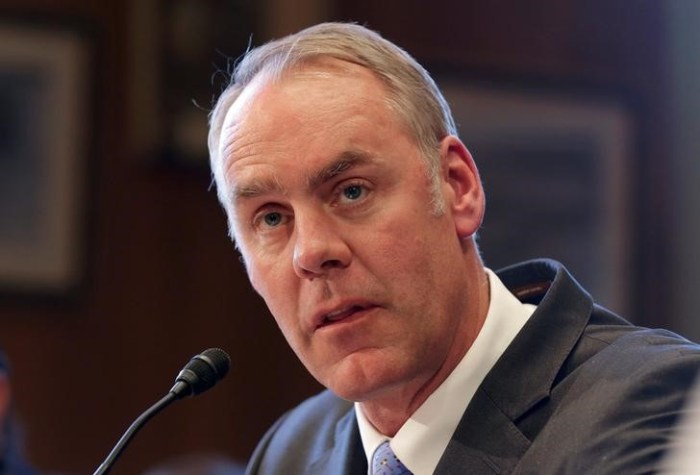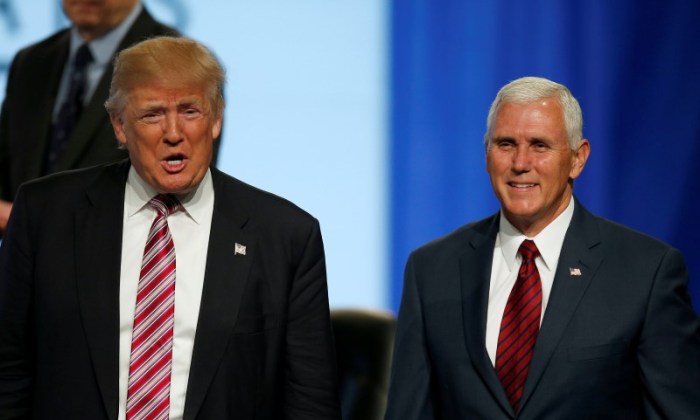By Eric M. Johnson
SEATTLE (Reuters) – An Alaska law requiring doctors to notify the parents of girls under the age of 18 seeking an abortion violates the state’s constitution and cannot be enforced, the state’s top court ruled on Friday. The 4-1 decision marks a long-awaited victory for Planned Parenthood and other abortion-rights advocates in Alaska who argued the 2010 law violates the privacy of pregnant teens.
It also comes on the heels of the U.S. Supreme Court decision to strike down a Texas abortion law imposing strict regulations on doctors and facilities in the strongest endorsement of abortion rights in America in more than two decades. A woman’s right to abortion was established in the court’s landmark 1973 Roe v. Wade decision, but several states have tried to restrict access to abortion through their own laws.
In Alaska, Planned Parenthood and doctors argued that the notification law was particularly threatening to vulnerable teens who live in abusive homes.
Justice Daniel Winfree, writing for the majority, said that the notification law’s “discriminatory barrier to those minors seeking to exercise their fundamental privacy right to terminate a pregnancy violates Alaska’s equal protection guarantee.” Another justice, Dana Fabe, in a concurring opinion, wrote that “the Alaska Constitution permits a parental notification law, but not one that contains provisions that are among the most restrictive of any state’s notification laws.” The office of Alaska’s Attorney General did not immediately respond to a request for comment.
Alaska’s law required 48-hour advance notice to parents before a physician may terminate a minor’s pregnancy, though it allowed a minor to seek a judge’s permission to bypass the notice process and granted an exception for medical emergencies. The law took effect in 2010 after a Superior Court ruled that the state had an interest in promoting communication between a pregnant girl and her family.
Christine Charbonneau, president and CEO of Planned Parenthood of the Great Northwest and the Hawaiian Islands, said in a statement that “We all want teens to be safe – and the sad truth is that some teens live in dangerous homes and can’t go to their parents.” (Reporting by Eric M. Johnson in Seattle; Editing by Mary Milliken)


















